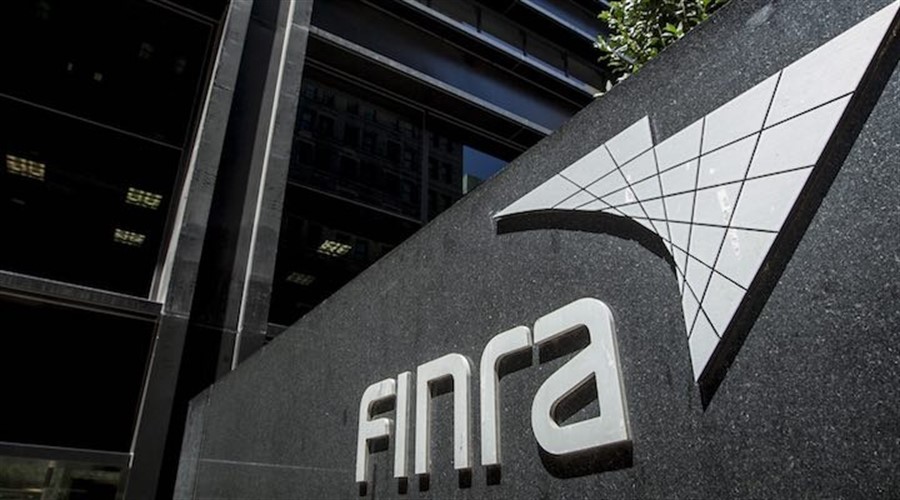US financial industry regulator FINRA has fined BofA
Securities $90,080 for violating regulations by filing untimely or inaccurate
notifications with the regulator. FINRA also charged BofAS for failing to
maintain a proper supervisory system. BofAS’ filings allegedly did not meet the regulatory deadlines.
According to FINRA’s statement, between August
2019 and August 2022, BofA Securities violated FINRA Rules 5190 and 2010 in 195
instances by submitting untimely or inaccurate notifications. These violations
were related to the company’s participation in 112 security distributions
subject to Regulation M under the Securities Exchange Act of 1934.
Regulation M is designed to prevent manipulative
conduct during securities distributions by restricting certain actions that
could influence the pricing. Specifically, the rule prohibits underwriters,
broker-dealers, issuers, and other participants from bidding for or purchasing
the security during the restricted period, which begins one to five days before
the offering price is determined.
To comply, firms must submit detailed notifications to
FINRA in advance, a requirement that BofA Securities repeatedly failed to meet.
Further exacerbating the issue, BofA Securities reportedly did not establish or
maintain adequate supervisory systems and procedures to ensure compliance with
FINRA Rule 5190.
From August 2019 to March 2024, the firm lacked a
robust system to supervise and verify the timeliness and accuracy of the
required notifications. The firm’s written supervisory procedures were
insufficient, lacking specific guidance and thorough reviews necessary for
compliance.
According to FINRA, BofA Securities relied on internal
emails to initiate distribution marketing but did not ensure these
notifications aligned with regulatory timelines. Consequently, when marketing
periods were shorter than the restricted periods, the notifications became
untimely.
Failing to Verify Participants
The supervisory shortcomings extended to the accuracy
of notifications, with the firm failing to verify that all distribution
participants were properly identified and reflected in amended notifications. BofA Securities agreed to the settlement, which
included a censure that waives any right to contest the payment.
Last year, FINRA fined BofA Securities a substantial
$24 million, alleging involvement in over 700 instances of spoofing within the
US Treasury secondary markets. Spoofing is the act of placing deceptive orders
to manipulate market activity.
Two former traders reportedly used this tactic from
October 2014 to February 2021, engaging in 717 instances of
spoofing. The regulator accused BofA Securities of failing to establish
adequate measures to detect spoofing activities as its system only addressed algorithms.
US financial industry regulator FINRA has fined BofA
Securities $90,080 for violating regulations by filing untimely or inaccurate
notifications with the regulator. FINRA also charged BofAS for failing to
maintain a proper supervisory system. BofAS’ filings allegedly did not meet the regulatory deadlines.
According to FINRA’s statement, between August
2019 and August 2022, BofA Securities violated FINRA Rules 5190 and 2010 in 195
instances by submitting untimely or inaccurate notifications. These violations
were related to the company’s participation in 112 security distributions
subject to Regulation M under the Securities Exchange Act of 1934.
Regulation M is designed to prevent manipulative
conduct during securities distributions by restricting certain actions that
could influence the pricing. Specifically, the rule prohibits underwriters,
broker-dealers, issuers, and other participants from bidding for or purchasing
the security during the restricted period, which begins one to five days before
the offering price is determined.
To comply, firms must submit detailed notifications to
FINRA in advance, a requirement that BofA Securities repeatedly failed to meet.
Further exacerbating the issue, BofA Securities reportedly did not establish or
maintain adequate supervisory systems and procedures to ensure compliance with
FINRA Rule 5190.
From August 2019 to March 2024, the firm lacked a
robust system to supervise and verify the timeliness and accuracy of the
required notifications. The firm’s written supervisory procedures were
insufficient, lacking specific guidance and thorough reviews necessary for
compliance.
According to FINRA, BofA Securities relied on internal
emails to initiate distribution marketing but did not ensure these
notifications aligned with regulatory timelines. Consequently, when marketing
periods were shorter than the restricted periods, the notifications became
untimely.
Failing to Verify Participants
The supervisory shortcomings extended to the accuracy
of notifications, with the firm failing to verify that all distribution
participants were properly identified and reflected in amended notifications. BofA Securities agreed to the settlement, which
included a censure that waives any right to contest the payment.
Last year, FINRA fined BofA Securities a substantial
$24 million, alleging involvement in over 700 instances of spoofing within the
US Treasury secondary markets. Spoofing is the act of placing deceptive orders
to manipulate market activity.
Two former traders reportedly used this tactic from
October 2014 to February 2021, engaging in 717 instances of
spoofing. The regulator accused BofA Securities of failing to establish
adequate measures to detect spoofing activities as its system only addressed algorithms.

